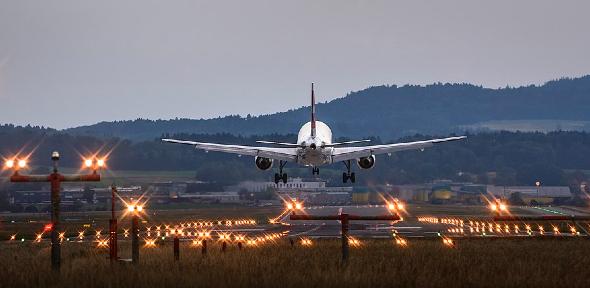
Air travel is one of the major contributors to global warming. Cambridge scientists are working with leading energy companies to help develop sustainable aviation fuels, which could reduce the industry’s carbon emissions by up to 80%.
Aviation was one of the miracles of the 20th century – it simultaneously made the world smaller and opened it up to new possibilities. We can visit family and friends living far from home, quickly transport goods between countries, and see faraway places.
However, air travel is also the most carbon-intensive form of transport: the aviation industry is responsible for about 2.4% of global carbon dioxide emissions. When including the gases and vapour trails produced by aircraft, the industry is responsible for around 5% of global warming. Although just a small fraction of the world’s population regularly travels by air, that proportion is predicted to increase rapidly in the coming decades. The industry needs to decarbonise, and fast. Typical jet fuel has a very high energy density, far higher than batteries.
If we try to design a battery-powered passenger plane with a capacity and range of, for example, a Boeing 737, it would be too heavy to take off. Batteries just don’t have enough energy density for this type of aircraft – at least not yet. Professor Andy Sederman, Dept of Chemical Engineering and Biotechnology, University of Cambridge
The researchers use magnetic resonance (MR) methods – including imaging (MRI) and spectroscopy (NMR) – to further understand the Fischer-Tropsch reaction, which is a key technical process in one of the possible production routes for SAF. MR is a particular research strength at Cambridge – it’s also used to develop next-generation batteries, another vital technology in the energy transition.
Full University of Cambridge article

